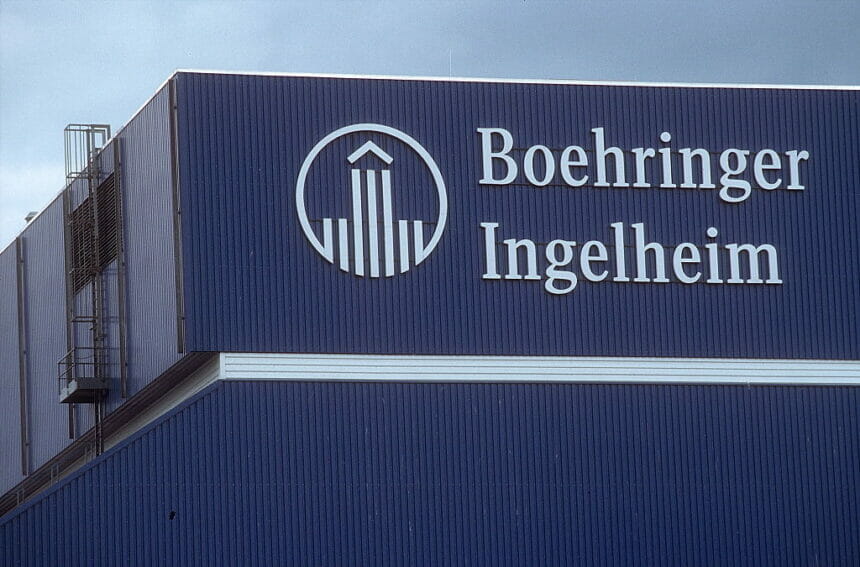Ginkgo Bioworks is teaming up with Boehringer Ingelheim to focus on developing therapies for difficult-to-treat diseases, the company announced Monday.
Under the agreement, Boehringer Ingelheim will pay $406 million for access to Ginkgo’s molecules.
The partnership will allow Boehringer Ingelheim to leverage Ginkgo’s cell programming and biosecurity platform, as well as its natural product discovery offerings, to address currently “undruggable” targets in diseases.
“Ginkgo is well-positioned to help partners like Boehringer Ingelheim complement their drug discovery efforts particularly when it comes to natural product discovery,” Ginkgo CEO Jason Kelly said in a statement. “We are thrilled to work with Boehringer Ingelheim leveraging our Foundry and Codebase to unlock new possibilities in biopharma innovation.”
Ginkgo has been on a spree recently to expand its partnerships and expand through acquisitions. The news comes shortly after Ginkgo announced the appointment of chief accounting officer, Steven Coen, who joined from Charles River Laboratories. The company also recently acquired AAV capsid company StrideBio for its gene therapy intellectual property.
Last month, Ginkgo announced a partnership with the Wisconsin Alumni Research Foundation to discover next generation GD2 CAR T-cell therapies for solid tumors. In October, Ginkgo acquired Zymergen, the company’s largest acquisition at the time.
This partnership marks the latest evolution of Ginkgo, a company that was founded by MIT scientists in 2009 and went public through a $15 billion SPAC with Soaring Eagle Acquisition Corp in 2021.
For its part, Boehringer Ingelheim struck a deal just last week with Kinoxis Therapeutics to develop precision psychiatry treatments for people with neuropsychiatric disorders.
Hugh Marston, global head CNS discovery research at Boehringer Ingelheim, said in a press release that the company “is committed to developing novel therapeutics to address the major unmet needs” of people living with mental health disorders.”
“The potential of the collaboration with Kinoxis to develop approaches that precisely manipulate oxytocin pharmacology is extremely exciting,” Marston added.








